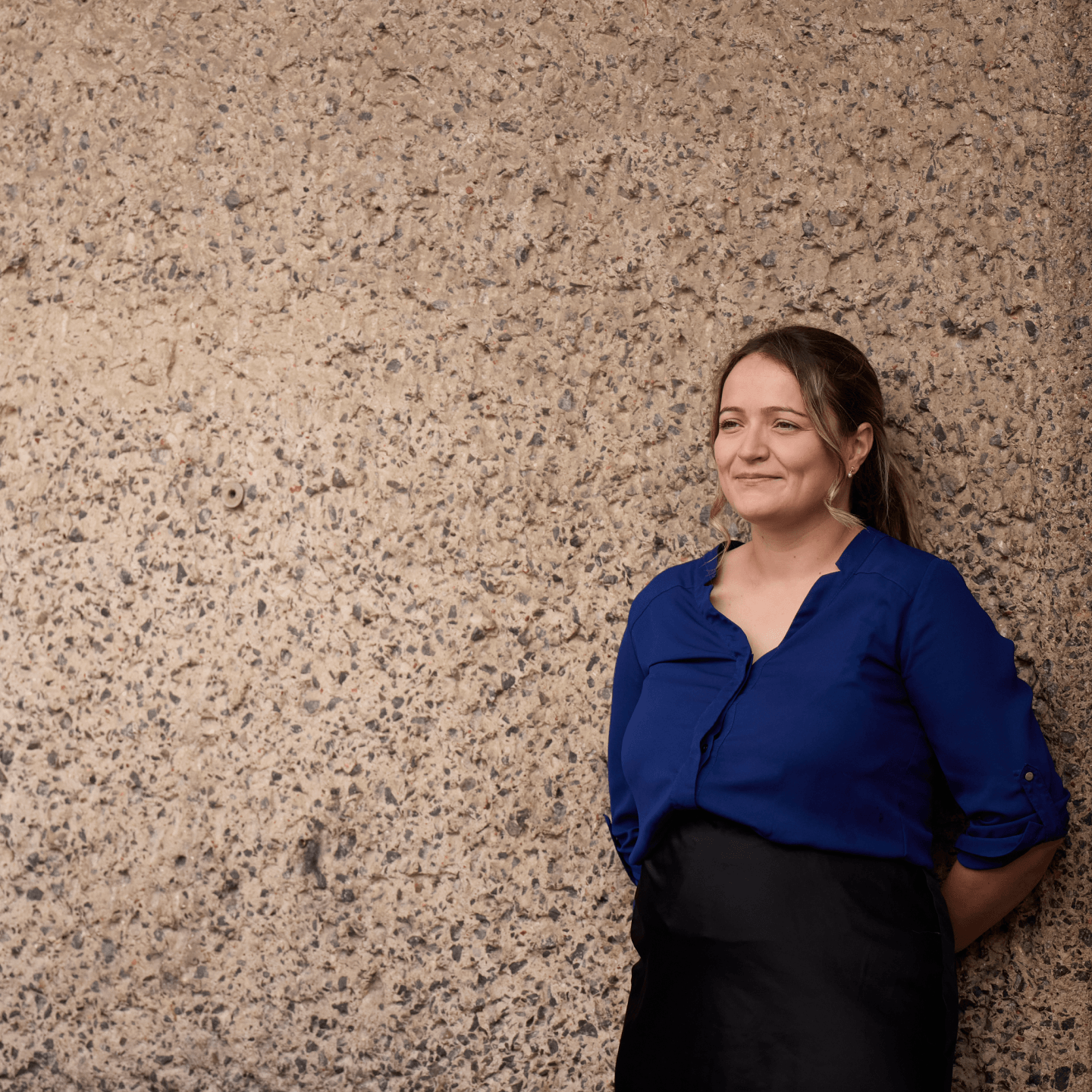
Corporate Finance
Combining commercial intelligence with empathy to deliver outstanding results.
No matter where you are in your transaction cycle, our team are here to support you. Led by senior experts across M&A Advisory, Transaction Services and Valuations, we deliver strategic insight and commercial excellence to help businesses typically valued between £10m and £100m.

Every transaction is unique, shaped by the journey that brought each client to this point.
Utilising their demonstrated track record from working together over the last 10 years, our team has deep expertise across a variety of sectors, bringing hands-on experience to every engagement. We leverage our unique internal ecosystem and external networks to deliver joined up thinking and unlock opportunities for our clients.
Our work is rooted in real-world business context and a clear focus on driving value creation. But what sets us apart is how we connect with our clients, stakeholders, and each other.
We don’t just manage deals and provide advice. We build enduring partnerships. From pitch through to completion, we’re a safe pair of hands guiding shareholders through complex decisions and high-stakes moments. Our team's track record speaks for itself, and as our growing list of client testimonials shows, the relationships we create continue to thrive long after the deal is done.
Hear from our clients
Navigating an acquisition is never straightforward and this was no different. Having George by my side made all the difference. From the earliest discussions at the offer stage, through to the final stages of the deal, his guidance, insight and practical approach gave me extra confidence at every step. George understood both the complexities of the transaction and acted as a thoughtful sounding board on the human side of the process, helping me turn a challenging journey into a successful and rewarding outcome. I am truly grateful to him and the entire Buzzacott team.
Innocent Udia, Partner and Founder, Maple House Capital
If you want strong hands-on expertise with a personal and empathetic touch focused on the success of the deal for all parties, then look no further than Matt Katz and his M&A team. Special mention must go to Sriram Ainkaran whose day to day cool, calm, patient, and tenacious handling of the process provided high confidence that nothing was insurmountable.
Roy Russell, Managing Director/CEO, Ascertus Limited
The Buzzacott team were excellent throughout, making the process as painless as possible, whilst ensuring we maximised the value for the shareholders. Matt, Poppy, Greg, and Olivia demonstrated significant expertise along with professionalism and personal dedication, allowing the sale of Cadcorp to be completed as smoothly as possible and within a relatively short time. Without doubt we made the right call to appoint Buzzacott as our advisors, and wouldn’t hesitate to recommend them.
Trevor Armstrong, Managing Director, Cadcorp
It was a pleasure working with David on our valuation. He was able to both explain complex concepts in a way that was understandable and to work with our time scales to ensure we were able to hit our tight deadlines.
Matt Hall, Chief Financial Officer, Synectics Solutions
It was a pleasure to work with the Buzzacott Corporate Finance team on this transaction. Matt, Sriram, and Poppy demonstrated professionalism and expertise throughout the process and played a key role in crafting a deal that aligned with the best interests of Imagineear and Ashridge Capital. I hope this will be the first of many transactions with the team.
David Sherratt, Founder and CEO, Ashridge Capital
It was great to work with the Buzzacott team and their specialised ETA offering, headed by George again. They showed technical expertise and appreciated the nuances of this particular transaction to ensure an excellent outcome was achieved.
Dean Curran, Novastone searcher and incoming Garner Osborne CEO
I and the Imagineear team enjoyed working with Matt, Sriram, and Poppy and we are delighted with the investment deal that Buzzacott helped us to shape in the course of a transaction that required tact and considerable patience.
Andrew Nugée, CEO, Imagineear
The Buzzacott Corporate Finance team were fantastic throughout our sales process, demonstrating expertise and dedication to the transaction from day one. The team, led by Greg Westcott, provided invaluable advice and support by navigating transactional complexities and maximising value for us as Shareholders. We are delighted with the outcome and would highly recommend Buzzacott, in particular for their expertise, professionalism and down-to-earth approach.
Stephen Williams, Shareholder, Atlas Identity Limited
